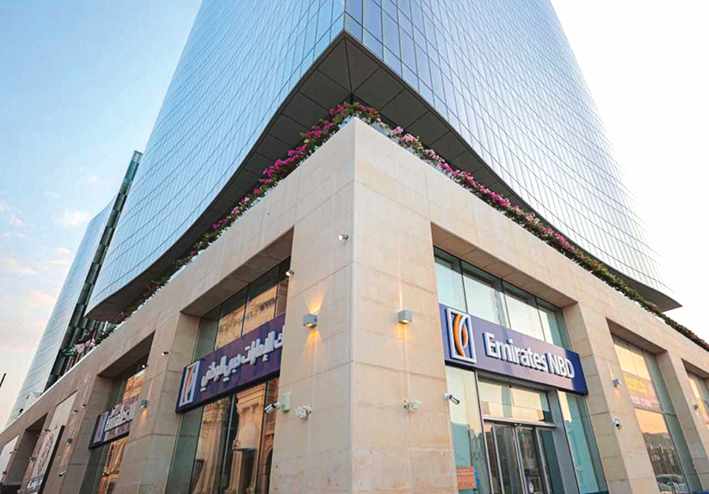How Banks Can Lose $60 Billion to Cybercash Highways
- Date: 14-Sep-2021
- Source: Washington Post
- Sector:Financial Services
- Country:Middle East
How Banks Can Lose $60 Billion to Cybercash Highways
The latest buzzword in the world of digital money is “Model 3,” a moniker for information highways on which funds will zip from one country to another. Banks ought to worry. Their cross-border transfers are both too slow and too expensive for retail customers. Competing against a superior road, lenders might lose traffic — and $60 billion in fees.
The monetary authorities of Australia, Singapore, Malaysia and South Africa have come together with the Bank for International Settlements on Project Dunbar, which will explore the feasibility of a Model 3 expressway that can handle payments in multiple digital currencies.
Is this a pie in the sky? Digital currencies are coming, but they aren’t exactly here yet. Among major economies, China’s e-CNY plans are the most advanced. Other nations are mostly still at the design table, or running pilots. Electronic IOUs, which the general public can obtain via smartphones and other devices and spend just like cash — without needing a bank account — can enhance financial inclusion and ward off cryptocurrencies like Bitcoin. But these tokens will lack the complete anonymity of physical cash.























